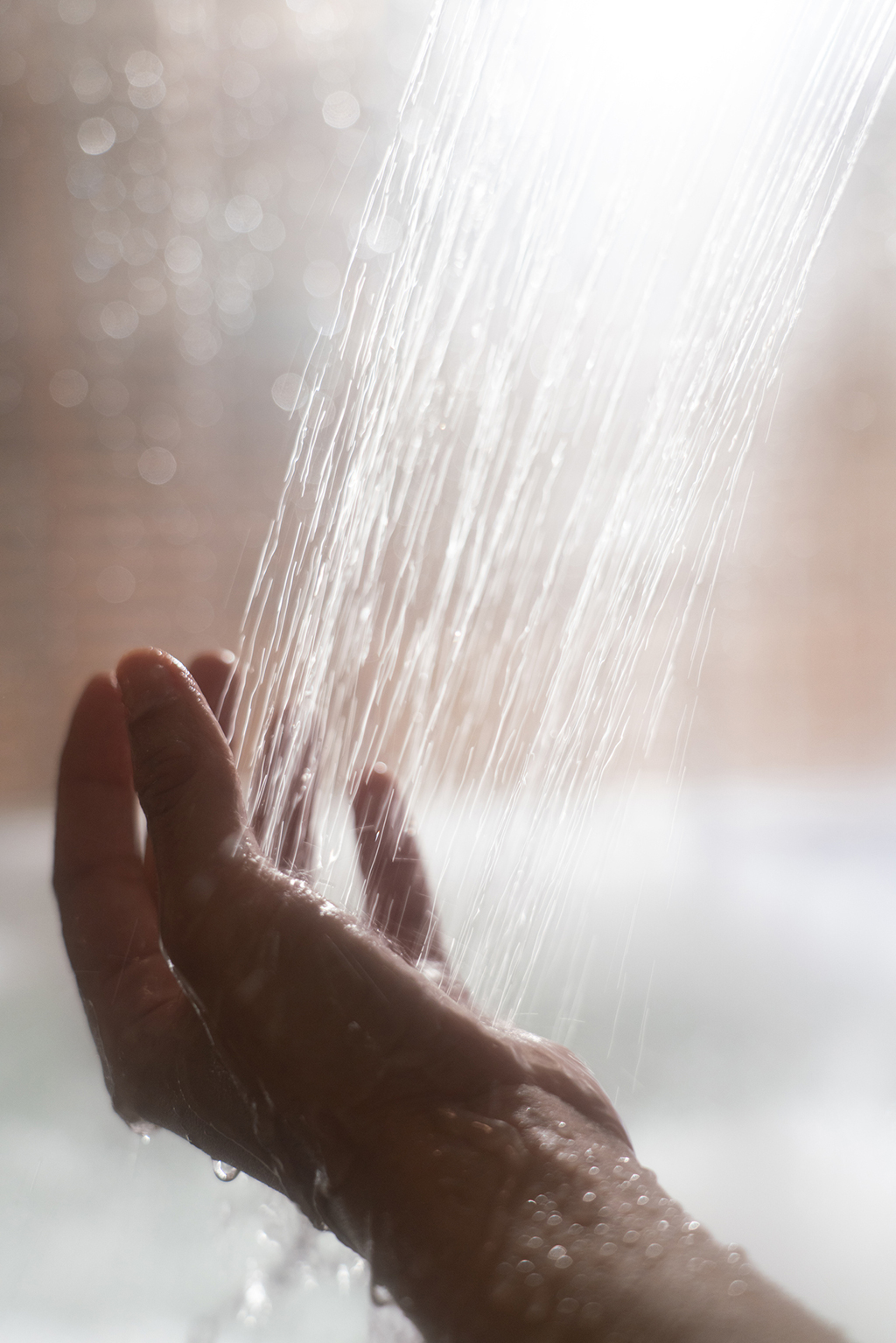Findings Of A Plumber Near Me On Causes Of Slow-Heating Water | Bullhead City, AZ

Have you ever experienced the inconvenience and nuisance of staying in your bathroom for minutes waiting for the hot water to start flowing? Well, you aren’t alone. This is a problem that some other homeowners face. They are left wondering why the water takes so long to heat up. Can I fix the underlying problem? Has my water heater broken down, and do I have to replace it? If such questions have been running through your mind, then worry not. This article will give you an overview of five things a plumber near me can diagnose as the cause of the slow water heating.
Faulty Dip Tube
Inside your water heater tank is a pipe called a dip tube. It is a narrow, long tube that directs the cold water from the supply lines to the bottom of the water heater tank for heating. But why bottom? The physics of heating is that the volume of substance increases with heating. When the heated water expands, its density is reduced, settling above the denser cold water. So, if the dip tube is broken or faulty, it won’t be directing water to the bottom of the tank for heating by the heating elements.
Instead, that water will mix with the hot water at the bottom, lowering the temperatures. Because of the dilution of the hot water by the cold water, the water heater takes longer to heat it to your preferred temperatures. If the rate of supply of cold water is too high, then you might not even get lukewarm water. You will get cold water. Replacing the faulty dip tube is a relatively easy and inexpensive fix. However, it is critical that you have the experienced plumber near me diagnose the problem and replace the dip tube to ensure that it’s done correctly and safely.
Too-Large Pipes
The other reason for slow water heating is that your plumber near me might diagnose that you have too large pipes. Whenever you turn on your hot water outlets like faucets and showers, the water at rest in your water supply pipes flows out first before the hot water from your unit reaches the outlet. This is why water from your shower or faucet is always cold at first. The larger the diameter of your pipes, the larger the volume of cold water they will hold.
Material Making the Pipe
At the same time, the material making your water supply lines also plays a huge role in determining how long you’ll wait for the heated water. Thermally conductive and denser pipe materials draw more heat from the hot water in the supply lines. If this is the case, the only viable option is hiring a plumber near me to replace the hot water supply lines with less conductive and smaller pipes. Remember, the length of the pipes, in this case from the heater to the outlet, can also cause slow water heating. Although the water heater is heating your water properly, all the heat energy is lost as the water travels through the long conductive piping. Hence, the plumber near me might recommend that you relocate the water heater closer to the outlet that uses the hottest water at your home.
Poorly Insulated Pipes
The rate at which the hot water loses heat also depends on the ambient temperatures around the water supply lines. This effect can be observed mainly during winter when temperature differentials can be high enough for the water to start freezing within the pipes. Hence, the better the insulation around the hot water supply lines, the quicker you will receive hot water. Insulating the hot water supply lines is relatively easy.
However, you should have a plumber near me insulate and weatherproof your hot water pipes to ensure the ambient temperatures around them don’t result in the hot water cooling. The professional knows the suitable diameter of the foam pipe sleeves that will best fit your plumbing lines and the best application method. Thus, hire a plumber near me to complete the job professionally rather than damage your pipe while insulating them.
Sediment Buildup
According to the data released by HydroFLOW U.S.A, one city in Arizona has the hardest municipal water source at 615 ppm. That can be categorized as “very” hard water. The mineral impurities in hard water (calcium and magnesium) can accumulate within your water heating unit with time, creating a sediment that covers the heating element at the bottom of its tank.
When this sediment layer becomes thicker, it slows the heat transfer from the burner to the water. If this happens, you must enlist a plumber near me to flush the water heater. This gets rid of the sediments slowing the water heating process. Additionally, ensure that you retain the services of a professional for periodic water heater inspection, flushing, and other maintenance.
Flow Rate
Installing low-flow plumbing fixtures is an ingenious way of reducing water utility bills by limiting the volume of water used. Unfortunately, the flow rate can also be the culprit if you notice you are tanking long before getting hot water. The water-conserving low-flow faucet or showerhead you installed will take longer to empty that cooled water in your supply lines.
In such a case, having a plumber near me upgrade the showerheads, faucets, and other outlets to models with a higher flow rate in areas where the water takes too long to heat could resolve the problem. This could be particularly helpful for those hot water outlets furthest from the water heater. You can also purchase variable flow rate fixtures to adjust the flow when needed.
While there are many other reasons for slow water heating, the tips above will propel you in the right direction. Contact us at Benjamin Franklin Plumbing of Mohave County so our reputable technicians can help you address these causes of slow water heating.
See our most recent blog on this topic here.
Photo By cofotoisme at istock

















